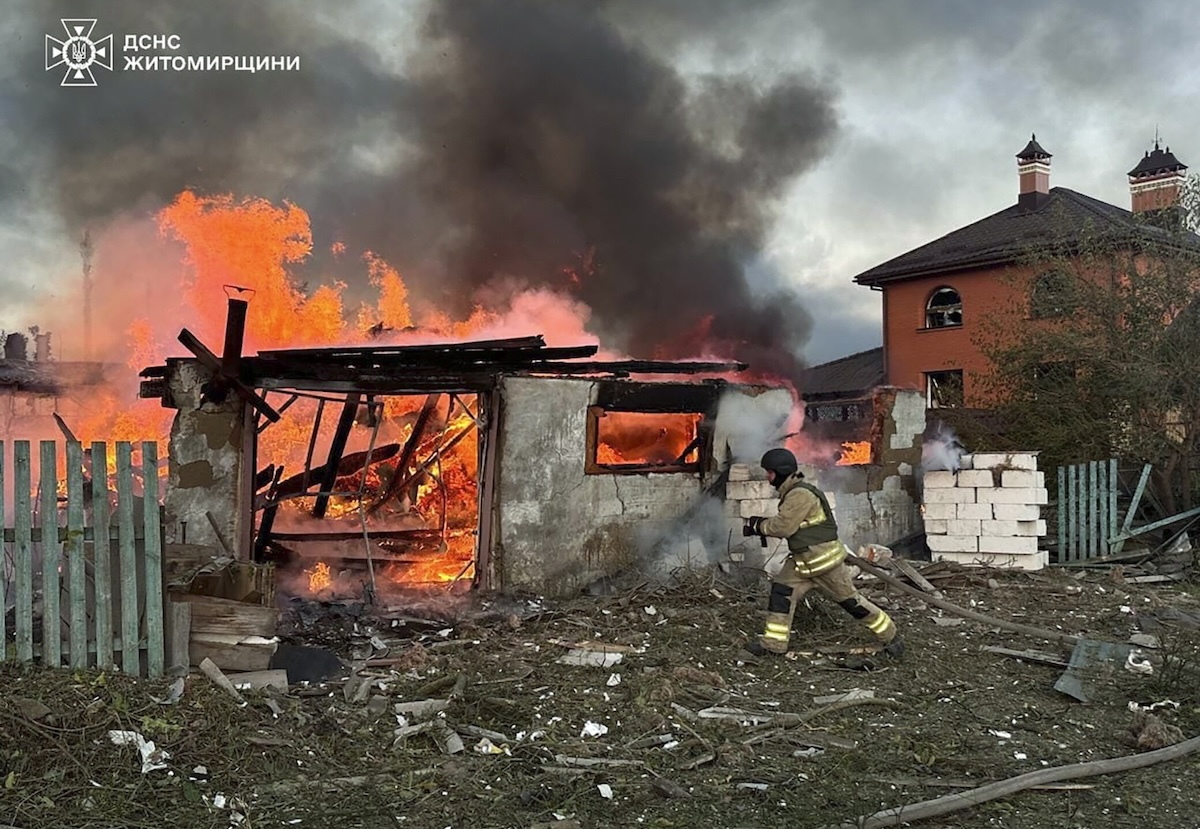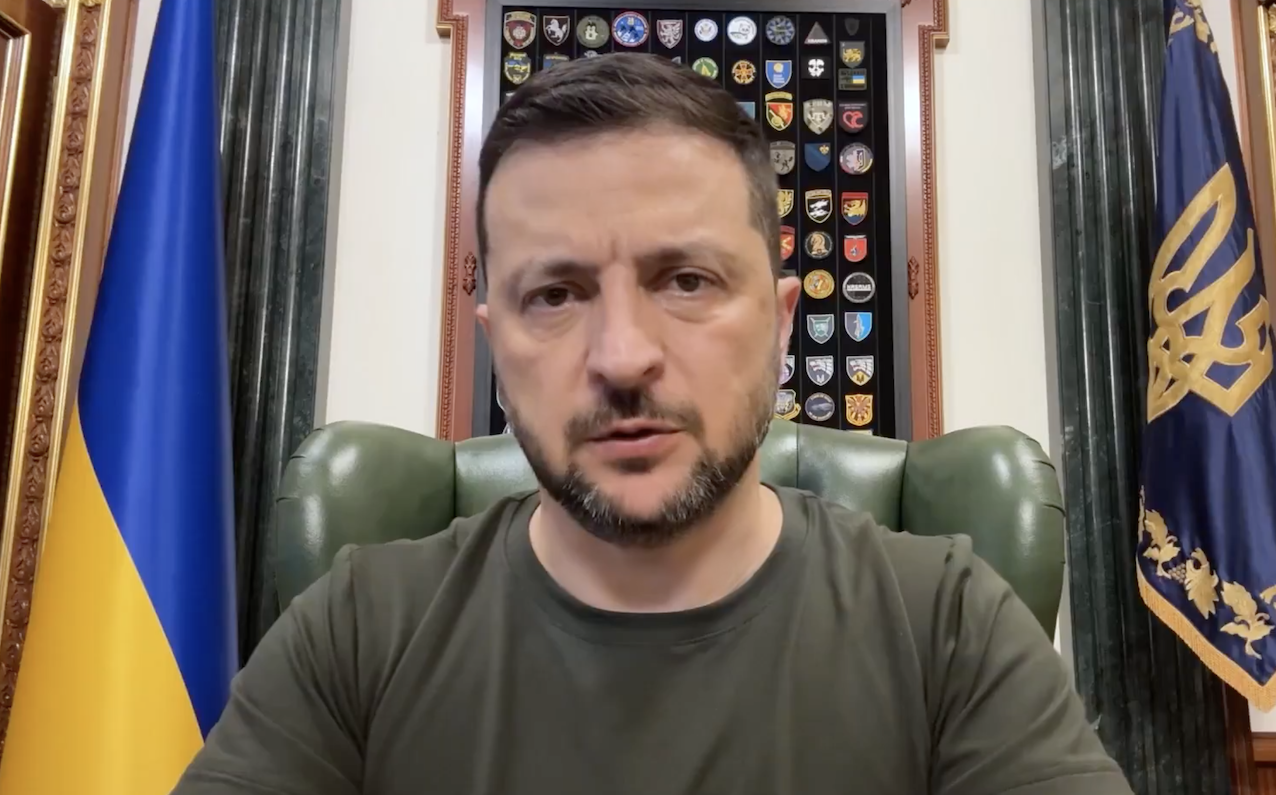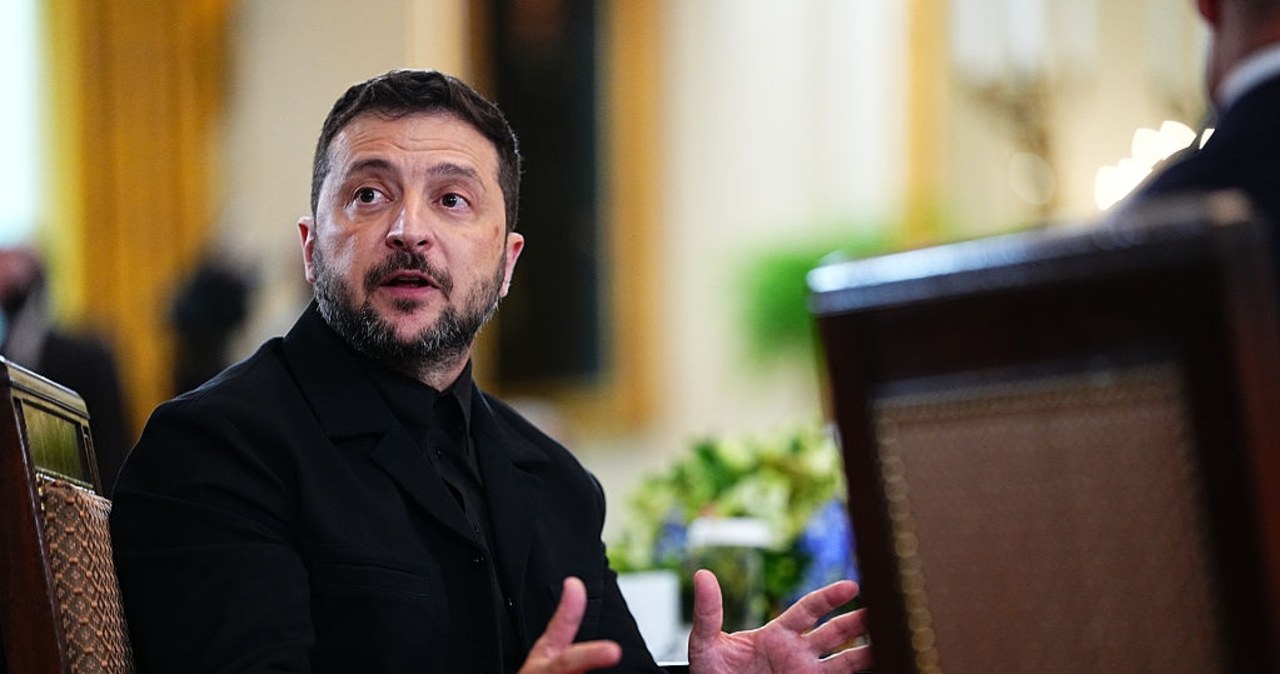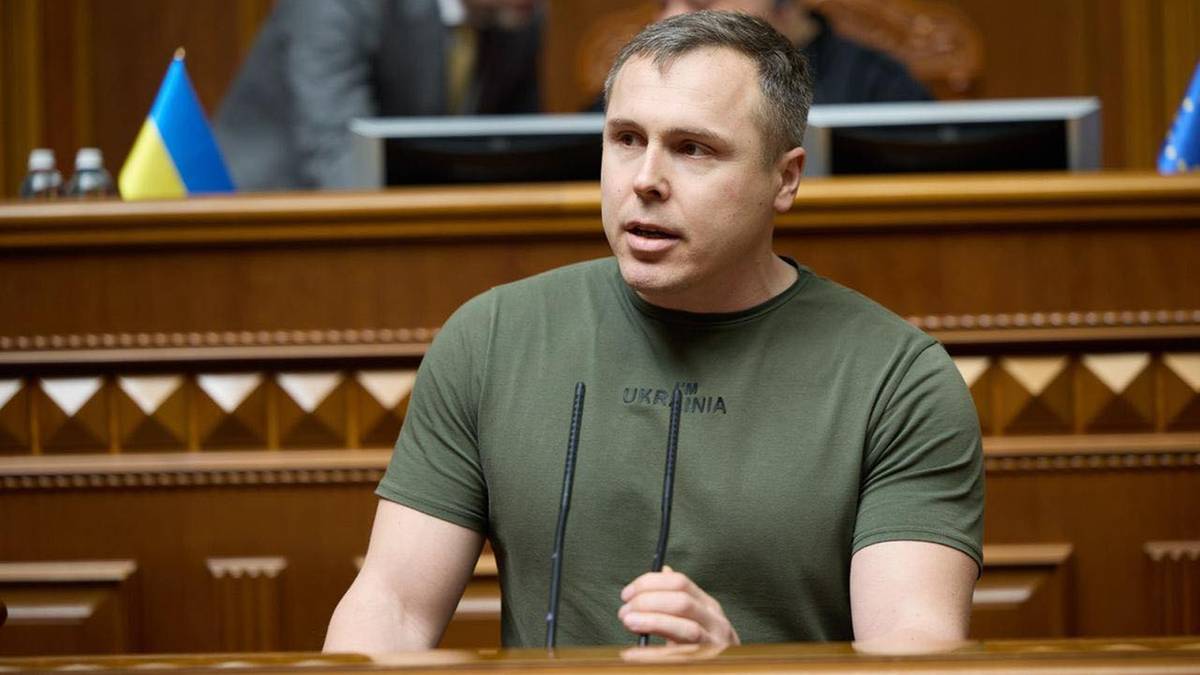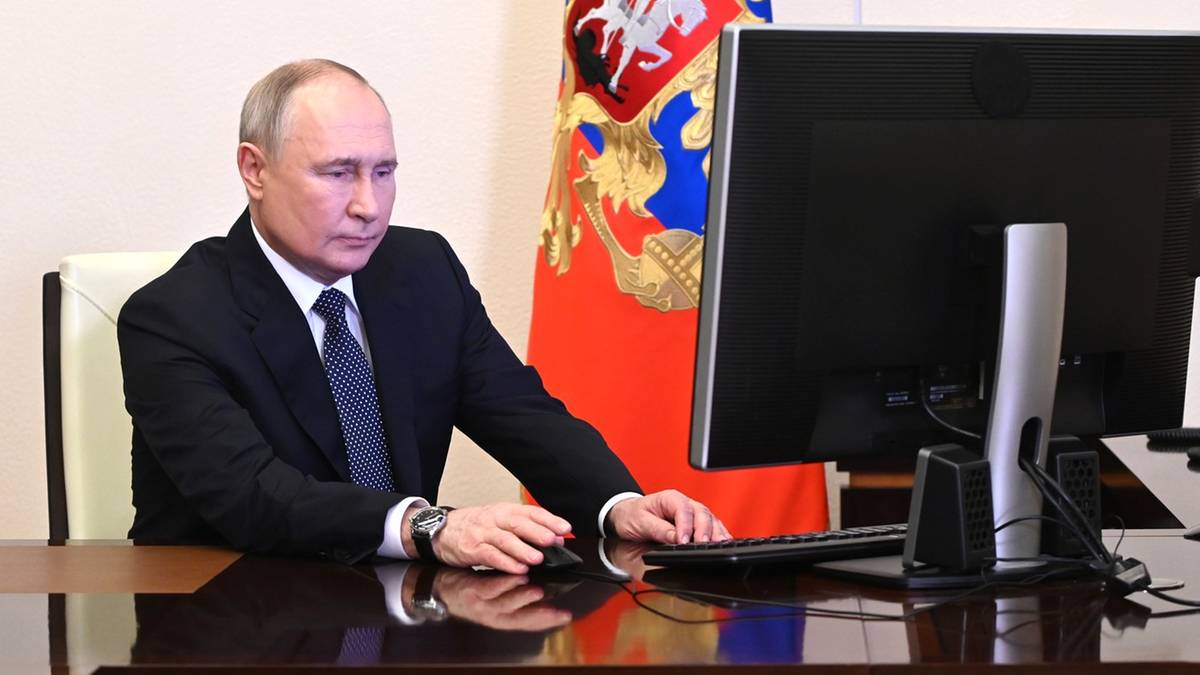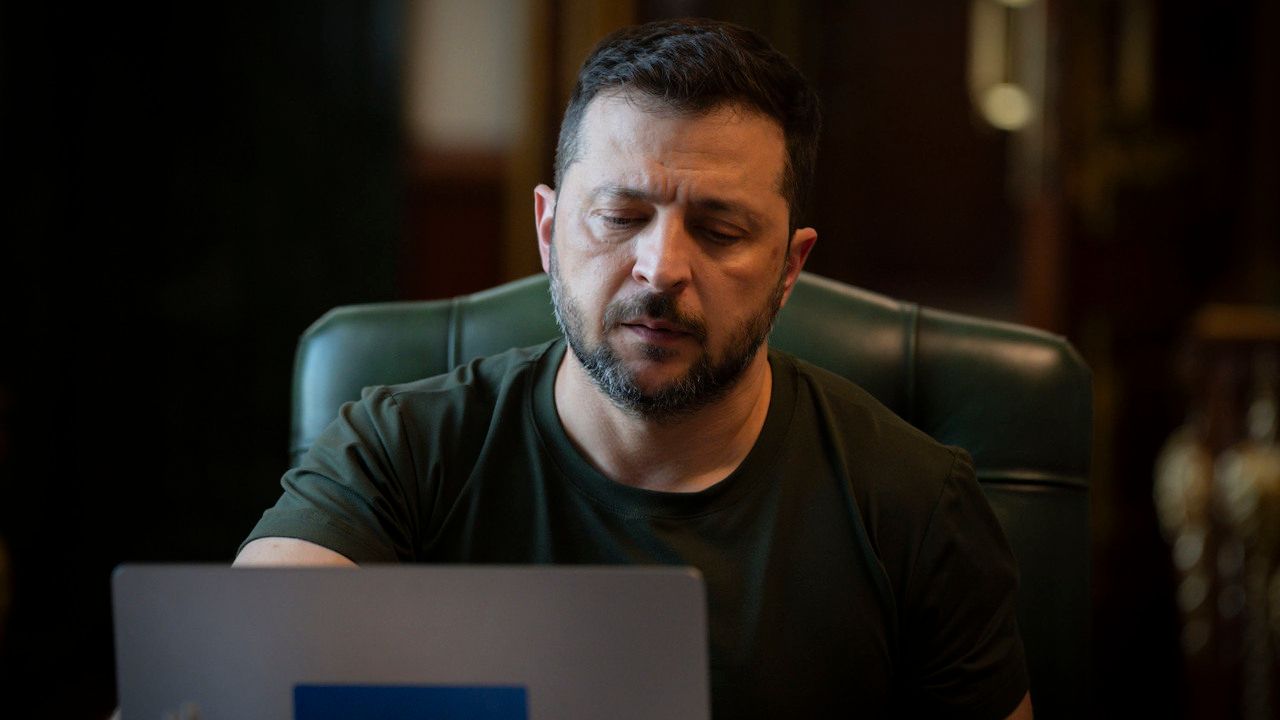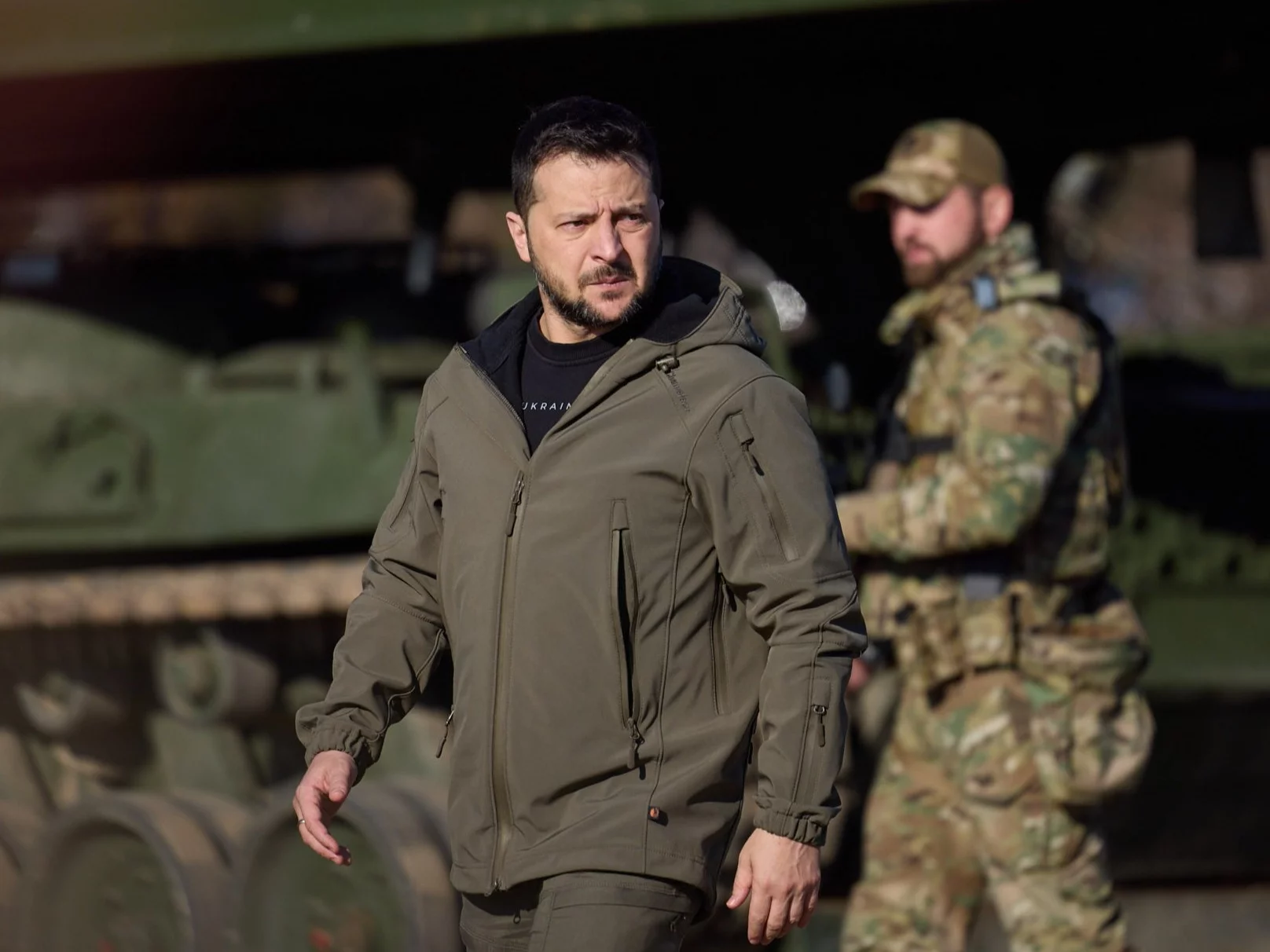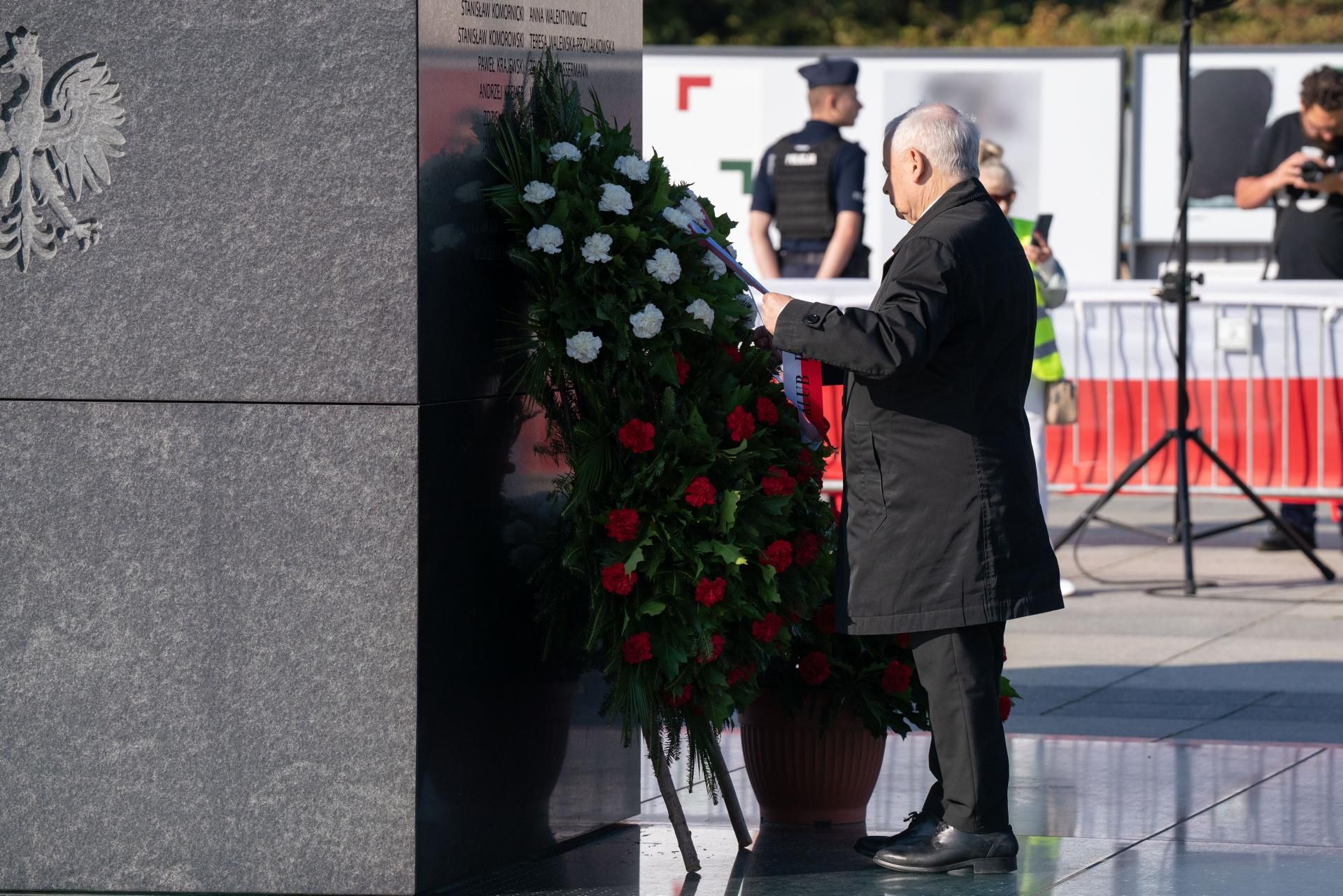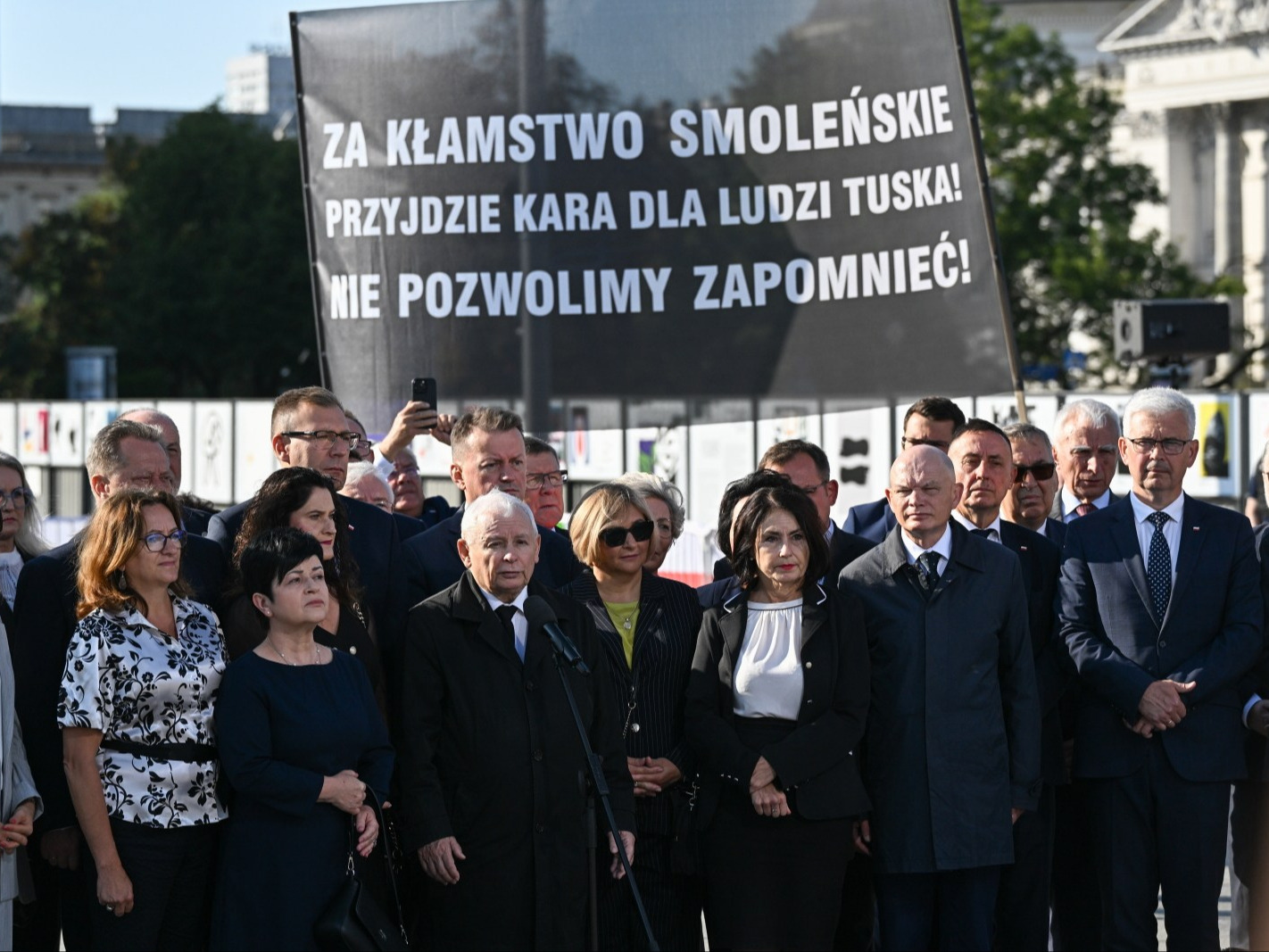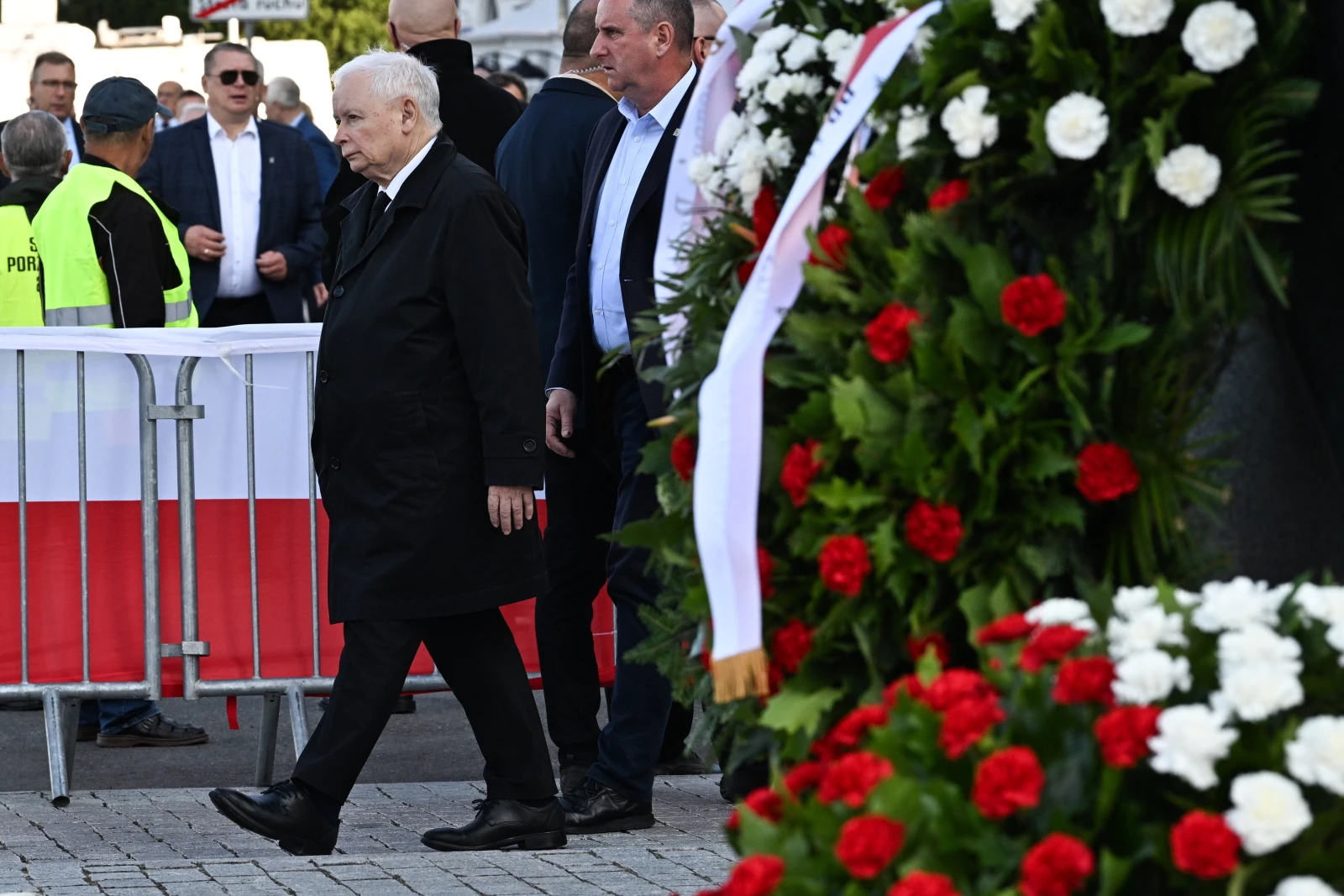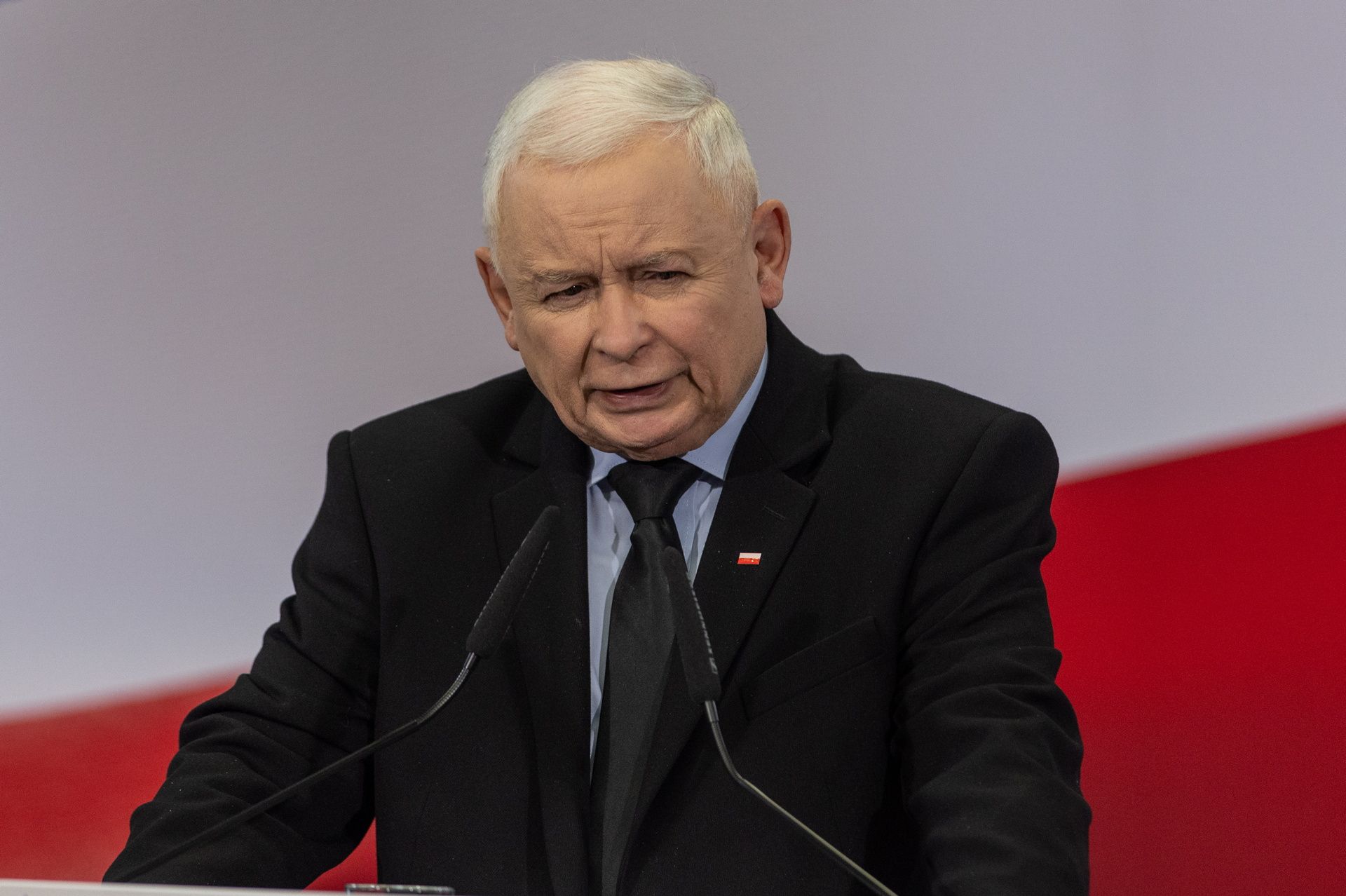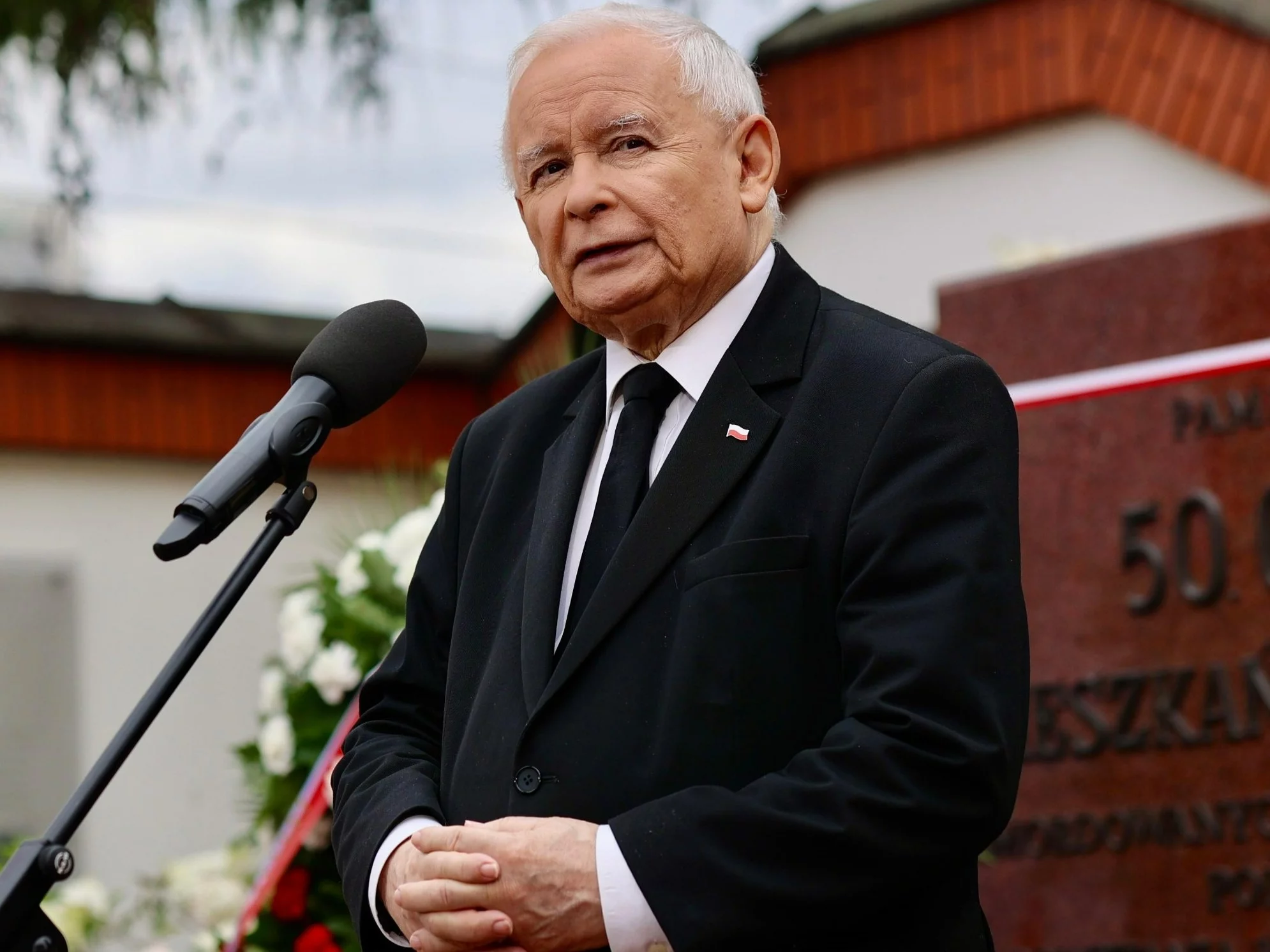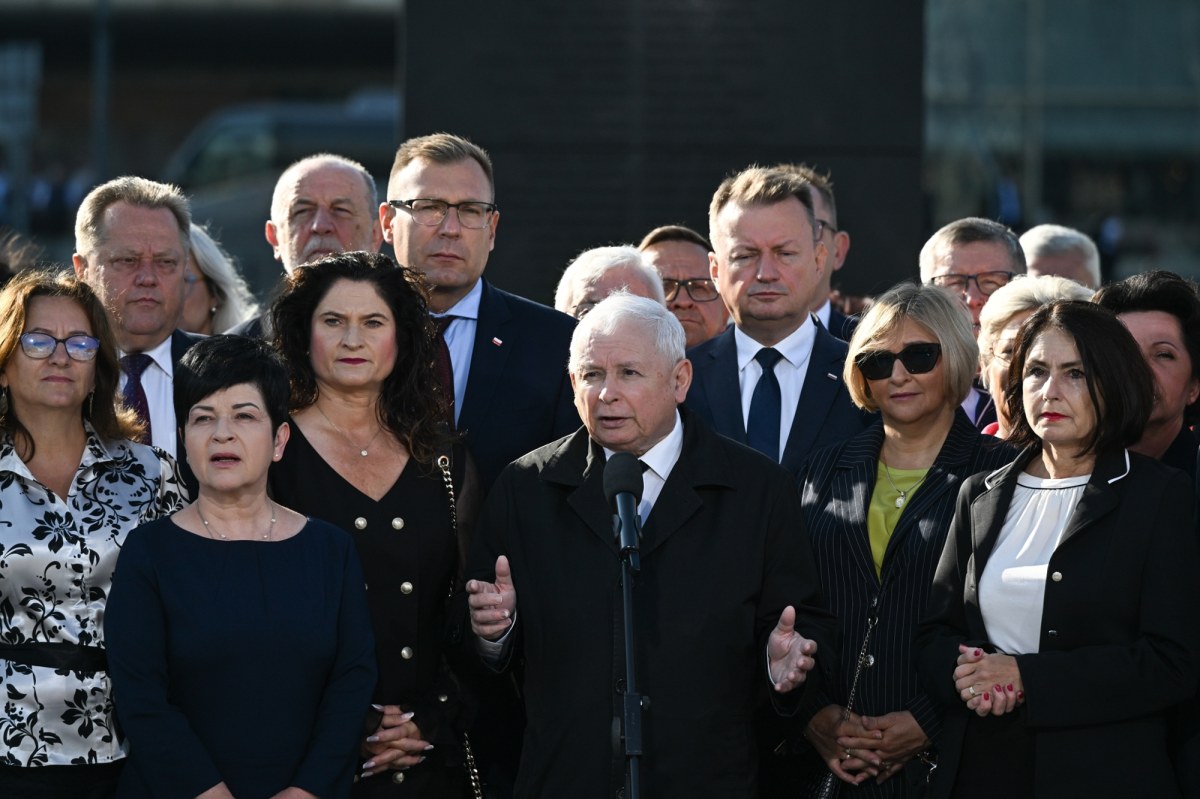Prince Harry's charitable foundation Archewell has donated 500,000 US dollars (£369,000) to projects supporting children injured in the conflicts in Gaza and Ukraine. The grants will fund medical evacuations and prosthetics development for youngsters seriously hurt in the ongoing wars.
The donation was announced during Harry's visit to the Centre for Blast Injury Studies at Imperial College London on Wednesday, the third day of his four-day UK trip. The Duke of Sussex toured research laboratories focusing on blast injuries affecting children and those sustained in natural disasters.
Harry also reunited with his father, King Charles, for the first time in 19 months during a private tea at Clarence House on the same day.
Gaza's unprecedented crisis
Harry highlighted the scale of injuries in Gaza, warning that no single organisation could solve the crisis alone. "Gaza now has the highest density of child amputees in the world and in history," he said. "It takes partnerships across government, science, medicine, humanitarian response and advocacy to ensure children survive and can recover after blast injuries."
During his tour, Harry witnessed a demonstration of kits that produce low-cost external fixators for treating bones shattered by blasts. He was shown equipment that had been made in Gaza and learned about development of 3D printed versions.
Roundtable discussion and commitment
The duke joined a roundtable discussion with representatives from Imperial College, Save the Children, and the World Health Organisation. They discussed medical evacuation, mental health support, and long-term rehabilitation for children in Gaza and beyond, hearing from Save the Children staff who shared frontline experiences.
Harry told attendees: "Every time I return here, I'm struck by the commitment, innovation, and compassion that drives your work. From the labs I opened over a decade ago, to today's focus on prosthetics for children, the progress and dedication are extraordinary. The voices we heard today remind us that behind every dataset is a child - a child in pain, in need of care, and deserving of a future."
The three Archewell grants are specifically targeted: 200,000 dollars (£145,600) supports WHO medical evacuations from Gaza to Jordan, while 150,000 dollars (£111,700) each goes to Save the Children for humanitarian support in Gaza and to the Centre for Blast Injury Studies for prosthetics development. This latest donation follows Harry's £1.1 million personal contribution to BBC Children in Need made on Tuesday.
Research demonstrations and connections
Emily Mayhew, the paediatric blast injury lead at Imperial College London, told Harry: "We very much consider you part of our story." Harry originally opened the Centre for Blast Injury Studies in 2013, which later became part of Imperial's expanded facility on its White City campus.
During his visit, Harry was pictured with former Army captain David Henson, who served as Team GB captain for the inaugural Invictus Games founded by the duke. Henson lost both his legs above the knee after standing on an improvised explosive device in 2011 while clearing a compound in Afghanistan, and went on to gain a PhD in Amputee Biomechanics at Imperial.
WHO chief Tedros Adhanom Ghebreyesus praised Harry's commitment: "I'm really pleased about what he's doing, especially for the children of Gaza. It's not the money, it's also the passion and commitment I think I see. And we have met a number of times and his commitment is very, very clear, and I really appreciate that."
Among the research Harry was shown were new designs for prosthetic knee joints for children, a demonstration of the world's most advanced foot and ankle physiological simulator, and the "gait lab" which uses motion capture cameras and a treadmill to evaluate prosthetic designs. "Here's a good looking man," Harry said with a grin when he saw Steve Arnold demonstrating the gait lab equipment, recognising him from the 2014 and 2017 Invictus Games where Arnold competed as a cyclist after losing both legs in an IED blast in Afghanistan in 2011.
Sources used: "PA Media" Note: This article has been edited with the help of Artificial Intelligence.

